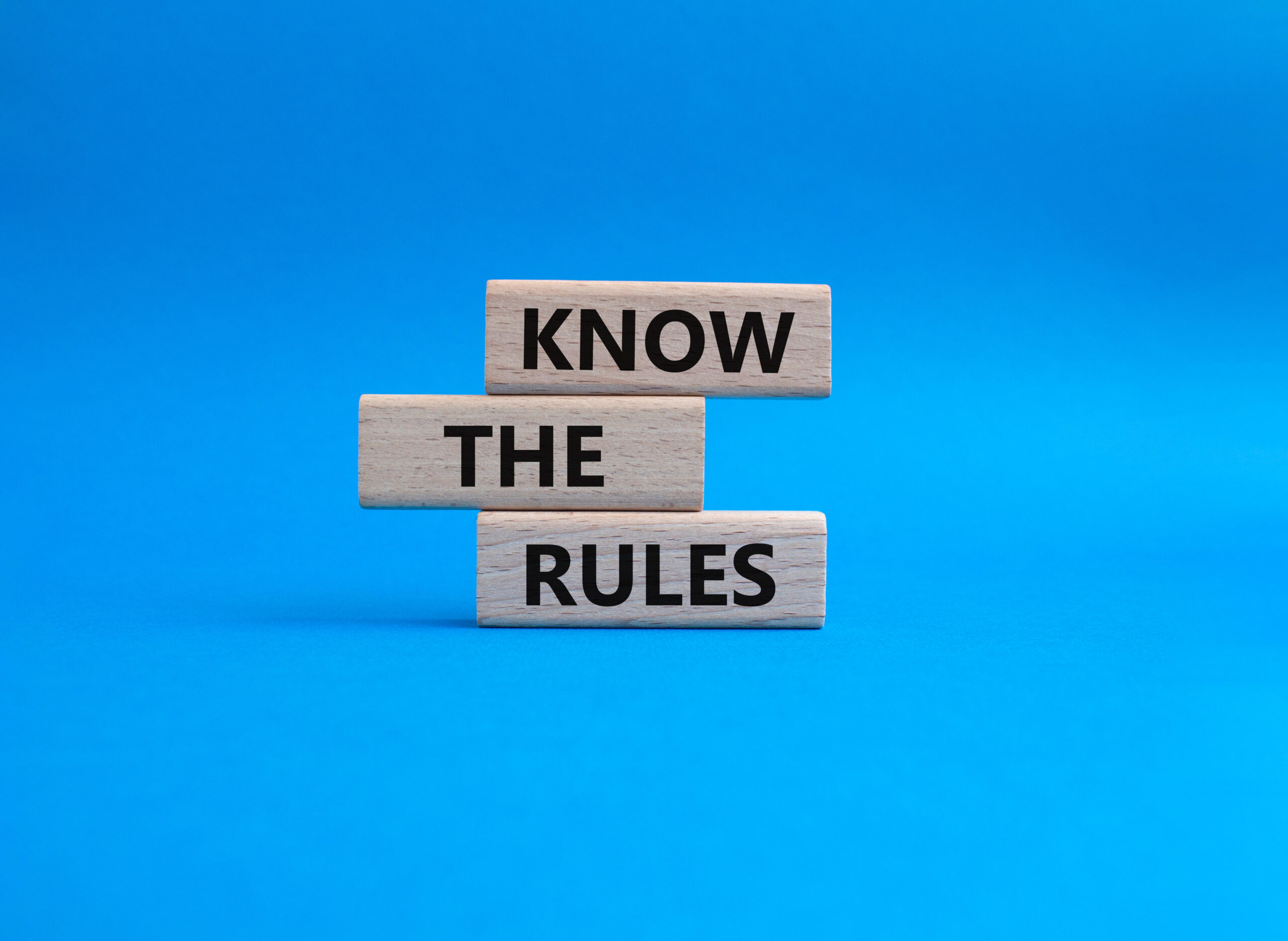Listening filters can play a big role in your business interactions, so it’s important to identify them and to work to control your reactions.
During the course of our lives, we develop certain filters through which we interpret information. Over time, these become the “listening filters” through which we “hear” the world around us. If you were constantly criticized as a child, for example, you might interpret information through a filter of criticism, making you overly sensitive.
[EasyDNNnewsToken:Left Justify Embed 300 x 250]Here’s how that might play out in your adult interactions: you just got your hair cut and are feeling pretty good about how you look. Your significant other sees you and asks, “Did you get your hair cut?” It’s a simple enough question, but your criticism filter might compel you to “hear” disapproval and conclude that your partner is making a judgment about how you looked before you got your hair cut. Listening filters are powerful and can negatively impact how we feel, communicate and behave.
Listening filters can also play a big role in your business interactions, so it is important to identify them, become aware when they kick in during conversations, and control your reactions. Let’s play with an example. An employee asks for some time off by saying, “I’ll be gone for the next two weeks to take care of some personal business.” If you have a filter that says, don’t tell me what to do, your jaw might tighten. This might cause you to react to the employee’s statement with anger rather than calmly replying, “Let’s take a look at the schedule for the next two weeks, review our company’s vacation policies and see how many vacation days you have left.”
To learn to control your listening filters, you must first take the time to identify them. Here are a few examples of common listening filters:
- You’re overly sensitive and hear criticism in even the most benign comments.
- You’re an exaggerator. Someone says there’s a problem and you hear disaster.
- You’re a conflict avoider. When someone presents a problem – even in a constructive way, you hear the possibility of confrontation and ignore the problem.
- You’re a fixer. Instead of listening, you immediately jump in with a solution.
- You’re a listener with trigger words. When a trigger word is used in conversation, you tend to distort the entire message through the filter you’ve created around that one word.
After you’ve identified your filters, you’ll need to work toward self-awareness. Become cognizant of your reactions when you’re conversing with someone. Before you respond, take a moment to assess if you are “hearing” this person through one of your filters. You might even have a physical reaction to what you’re hearing – your stomach or jaw might tighten or you might begin to sweat. This “body language” can help you catch your filters at work.
Assess whether you could be misinterpreting what another person is trying to say. Try not to react to what they are saying. Instead, mirror their statements back to them. For example, an employee says to you, “I’m concerned that one of our clients isn’t happy with the job we’re doing.” Instead of responding through a crisis filter and screaming, “What did you DO?” try to mirror the employee’s statement by asking, “What makes you think that one of our clients isn’t happy with the job our company is doing?” This allows you to get more information without reacting in any way. You’ll have to be deliberate about this process for a while. It probably won’t feel natural, but it will be well worth the effort.
If you identify your filters and work to control your reactions, you will be able to control your listening filters. The final step is to learn about the filters of those around you. This requires filter-free listening, keen observance, and identification of each employee’s reaction patterns. It will also take time, but result in a big payoff.
Clear communication is the key to healthy relationships. Learning to control your listening filters and be empathetic to the listening filters of those around you will ultimately improve your professional communication skills and relationships as well as create an atmosphere of true understanding in your workplace.
Marilou Butcher Roth is a dynamic, positive business coach. She combines an experienced blend of business and entrepreneurial success with deeply vibrant personal inquiry as the basis for her coaching practice, The MBR Group, located in Cincinnati, Ohio.






